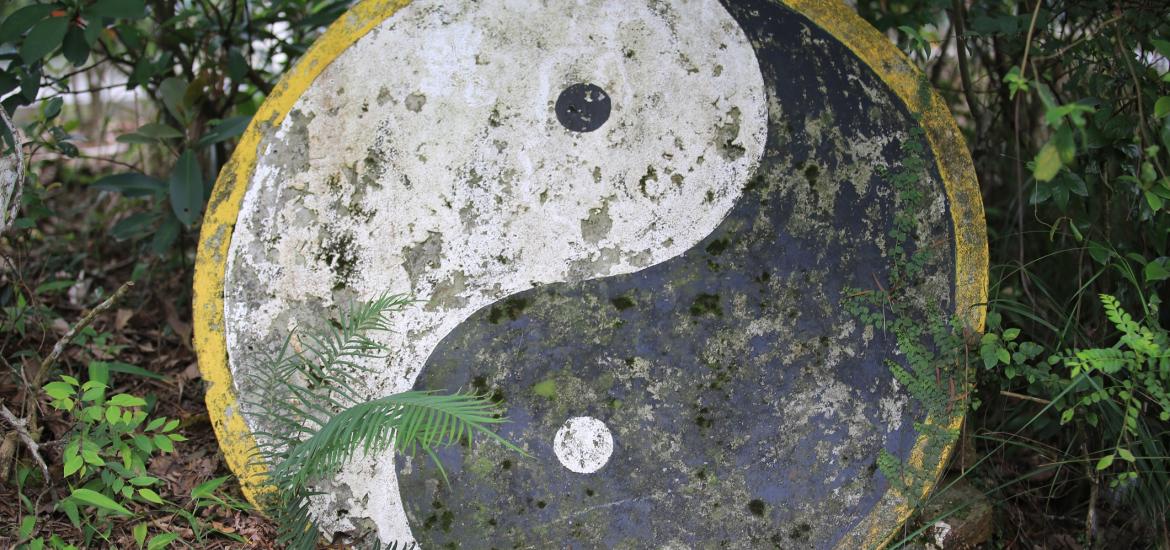
A panel of two halves for multiple myeloma Car-Ts
Carvykti sailed through Friday’s adcom, but Abecma got a much rougher ride.
Carvykti sailed through Friday’s adcom, but Abecma got a much rougher ride.

After an FDA advisory committee meeting on Friday, both Johnson & Johnson/Legend’s Carvykti and Bristol Myers Squibb/2seventy’s Abecma look to be heading for expanded approval in early multiple myeloma therapy lines.
However, panellists were much harsher on Abecma than on Carvykti, leading some analysts to wonder whether Bristol might end up with a more limited label or be asked to carry out further work on early-line patients.
Both BCMA-targeting Car-Ts are already approved for late-line multiple myeloma. J&J and Legend are now seeking the go-ahead for second to fourth-line disease, based on the Cartitude-4 trial, while Bristol and 2seventy hope for the nod in the third to fifth-line setting, based on Karmma-3.
Similar but different
Following the release of FDA briefing documents last Wednesday it seemed that the FDA had similar concerns about the projects: while the trials met their primary PFS endpoints, overall survival data were much less convincing, with the agency flagging a high rate of early deaths in both studies.
Friday’s panel highlighted the differences between the Car-Ts, though, and the panellists ended up voting 11-0 in favour of Carvykti’s approval, but only 8-3 in favour of Abecma.
Evercore ISI’s Jonathan Miller noted that during the Carvykti discussion many adcom members “seemed almost confused about why they were there”, and on the whole deemed the Cartitude-4 results “very convincing”.
The discussion on Abecma, meanwhile, “had a very different vibe”. Most panellists were sold on the PFS data, but some noted that even this benefit appeared transient, and overall it “didn’t seem like anyone was convinced there’s a real OS benefit”, Miller said.
He suggested that it would be up to the FDA whether the therapy's use might be restricted, although he added that it wasn't clear at present how this might unfold.
Bristol itself blamed the OS result on the fact that patients could cross over from standard of care to Abecma on disease progression, but its analyses to try to back this up didn't seem to sway the panel.
And, even among the panellists who voted yes, reservations about the data leading to a less than wholehearted vote were voiced by three: Dr Christopher Lieu of the University of Colorado Cancer Center, Dr Jorge Nieva of the University of Southern California, and Dr Susan Lattimore of Oregon Health & Science University.
Dr Sally Hunsberger, a biostatistician at the US NIH who voted in favour of Abecma, noted that Karmma-3 was underpowered on OS, and that it was “asking a lot” to expect to see the curves separate. But she added that crossover made the OS result “pretty much uninterpretable”.
Early deaths
Meanwhile, Carvykti got an easier ride, even though the FDA had concerns about adverse event-related deaths in Cartitude-4’s treatment arm.
This could be partly explained by the fact that a large proportion of patients who died early in the Carvykti arm did so before receiving the therapy. While this seemed to assuage the panel, logistical issues that can delay Car-T therapy will be relevant in real-world use, so any such early deaths are hard to dismiss.
However, the panellists seemed to agree that with Carvykti the benefits broadly outweighed its risks, and individual patients should decide if “the run is worth the slide”.
Carvykti is due an approval decision by 5 April, while Abecma missed its December PDUFA date and is awaiting a new one. Evercore’s Miller contended that, in light of the panel, the risk of a label restriction “falls squarely” on Abecma; it might be a while until it becomes apparent if he’s right.
874













